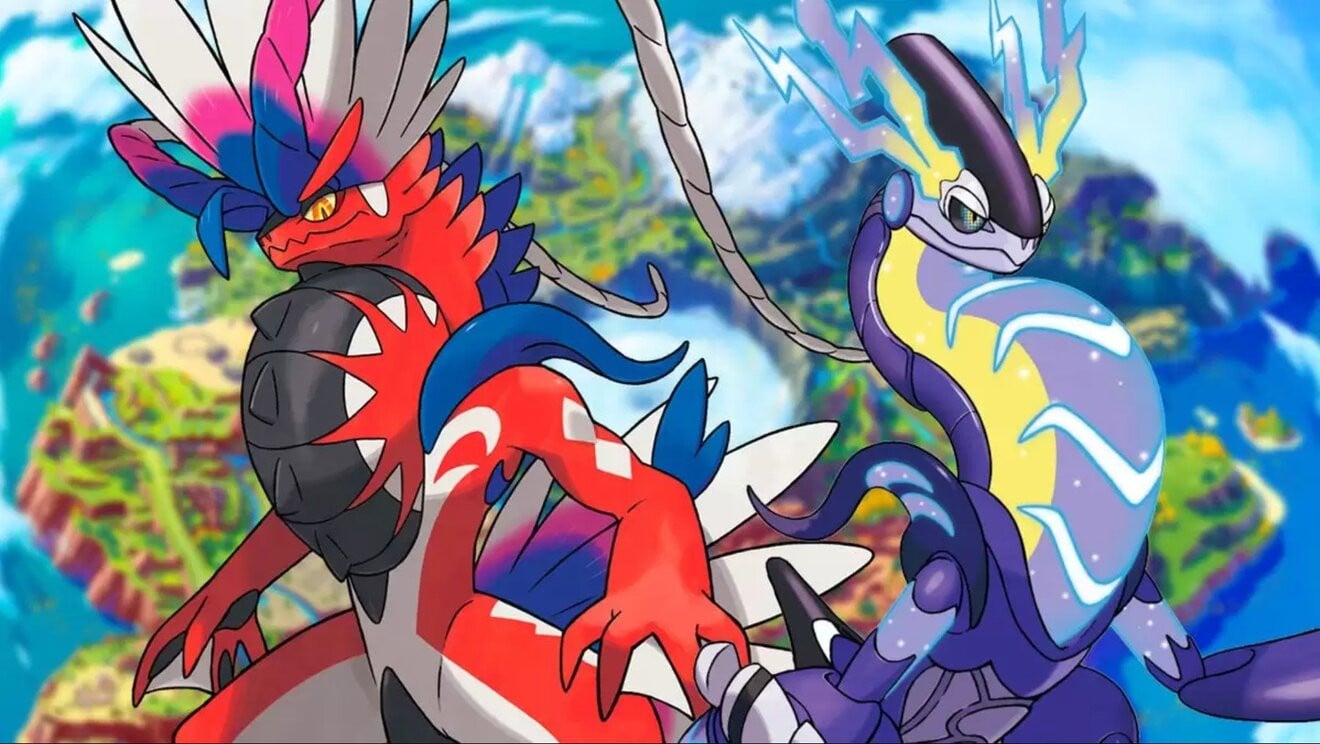Pokémon is arguably one of Nintendo’s most popular franchises. In this context, it is easy to understand the desire of the Japanese company to maximize its exploitation.
In the video game industry, just as in today’s capitalist economy, it is common to fully exploit a popular theme in order to maximize profits. Whether we are talking about cinema or video games, certain names such as Star Wars, Marvel or Call of Duty immediately jump out at us. At Nintendo, it is undoubtedly the Pokemon franchise that is the most highlighted. Since Pokémon Red launched in Japan in 1996, more than 40 RPGs, spanning nine generations, have been created. But can we maintain this intensive rhythm indefinitely? Takato Utsunomiya, head of operations at The Pokémon Company, doubts it.
Pokemon, a big change to come?
During an interview with Comicbook.com, Takato Utsunomiya admitted that their current strategy favors regular releases for Pokemon games. However, internal discussions are now suggesting a possible evolution of this approach. His full remarks can be viewed in the quote below:
In general, if we refer to our history, we have always favored regular releases, continuously releasing products at a set pace. This pace has allowed us to constantly offer new experiences to our customers. Although this approach remains relevant, discussions are becoming more frequent. As development environments evolve, we wonder how best to maintain this pace while ensuring the presentation of truly quality products.
Faced with these statements, one cannot help but think of the recent controversies linked to the company. Although Pokémon Scarlet and Violet had been huge commercial successes the previous year, they weren’t spared from fan criticism. These pointed to both the graphics and the bugs and performance issues, which still affect the enjoyment of some players. These issues have sparked heated discussions among Pokémon fans about the launch rate of new games. Pokemon games released on Switch have received mixed reviews, with many gamers advocating for less regular, but higher quality releases.
The lure of profit against quality
Pokemon is not the only license facing this problem. Recently, Marvel and Disney have expressed similar concerns. In February, following the mixed reviews of the Disney + series, Kevin Feige – president of Marvel Studios – spoke of the desire to favor quality over quantity. More recently, Bob Iger, CEO of Disney, also spoke of reducing the number of productions while controlling more costs per project. The objective is to improve the quality of film productions. We all remember the disappointing adaptation of Peter Pan, an iconic license from the giant, which must have seriously shaken things up.
The questioning among the big entertainment companies was inevitable. In today’s era of streaming and instant consumption, competition is fierce and audience expectations have never been higher. Fans, thanks to social networks, now have a stronger voice, directly influencing the public image of a franchise or a company (proof of this is with the case of the Pokémon bugs. Adapting is crucial in responding to the expectations, and The Pokémon Company understands that.
